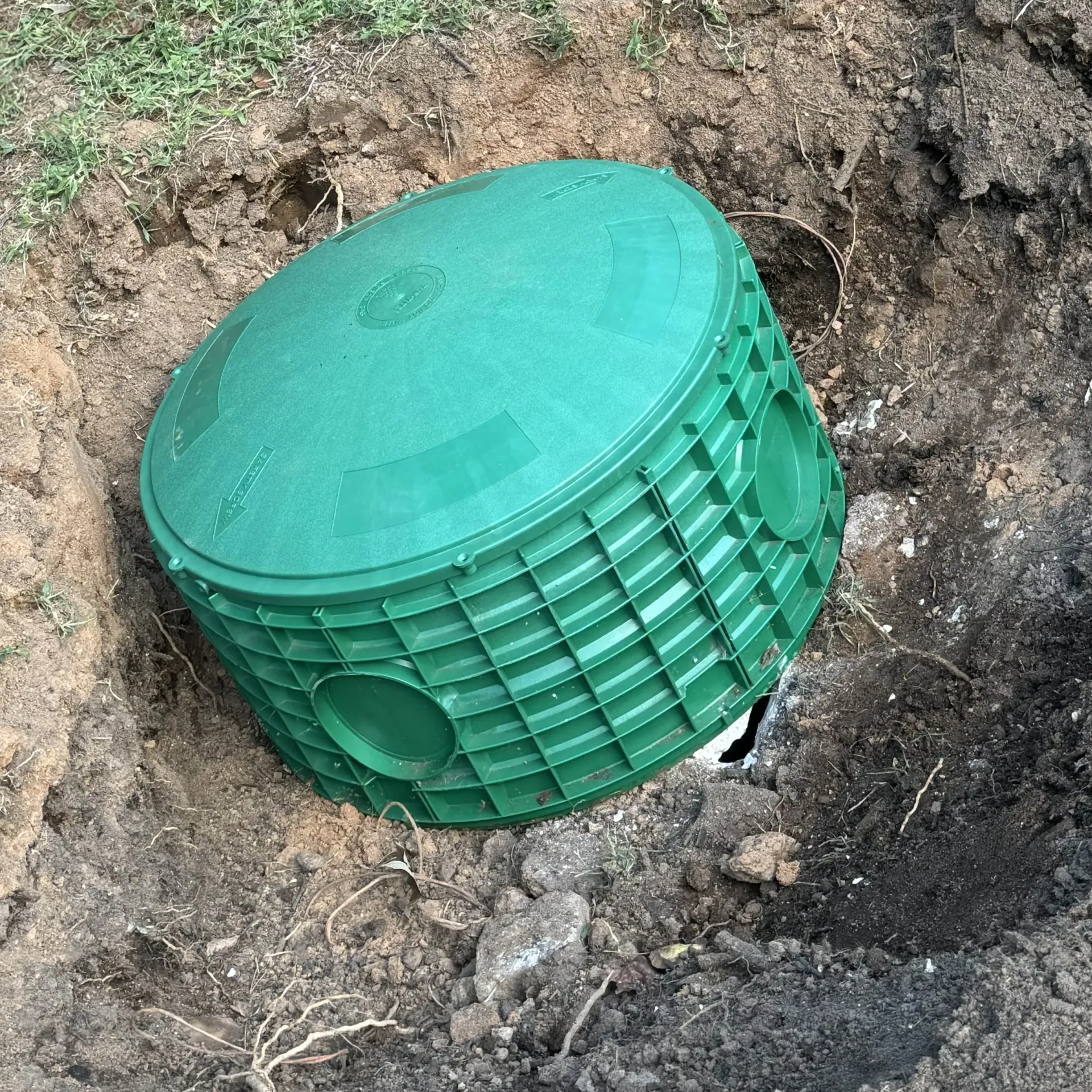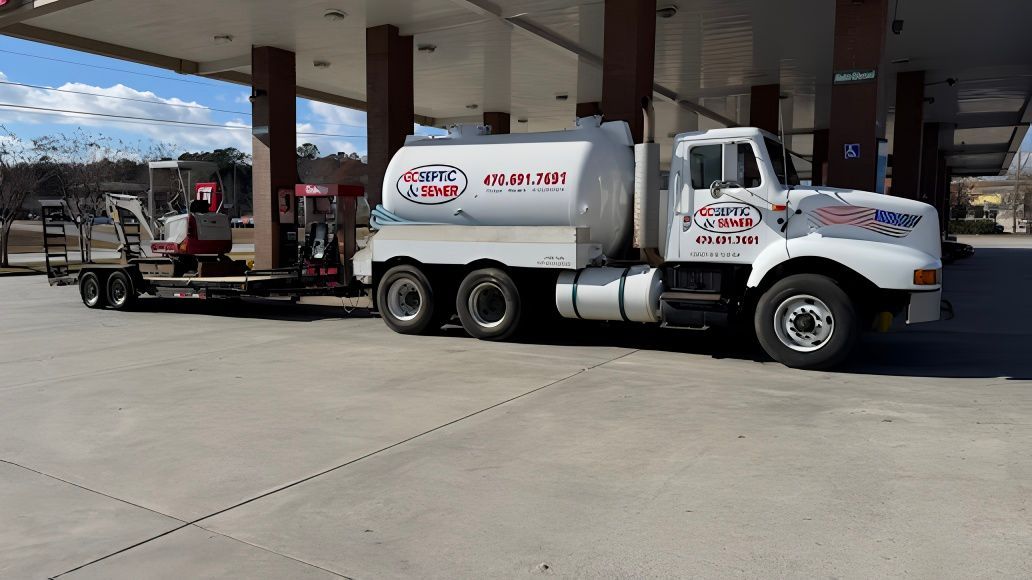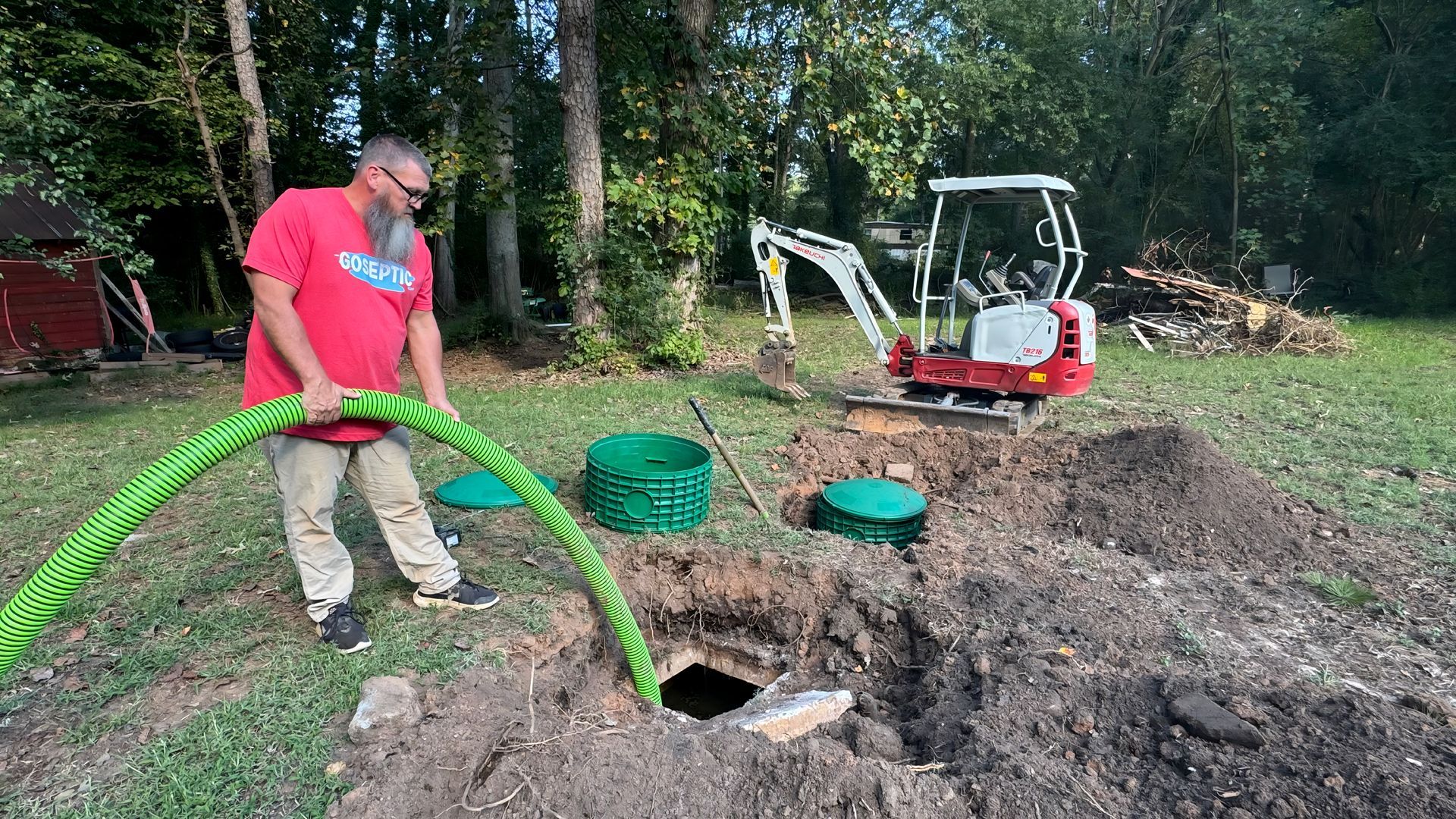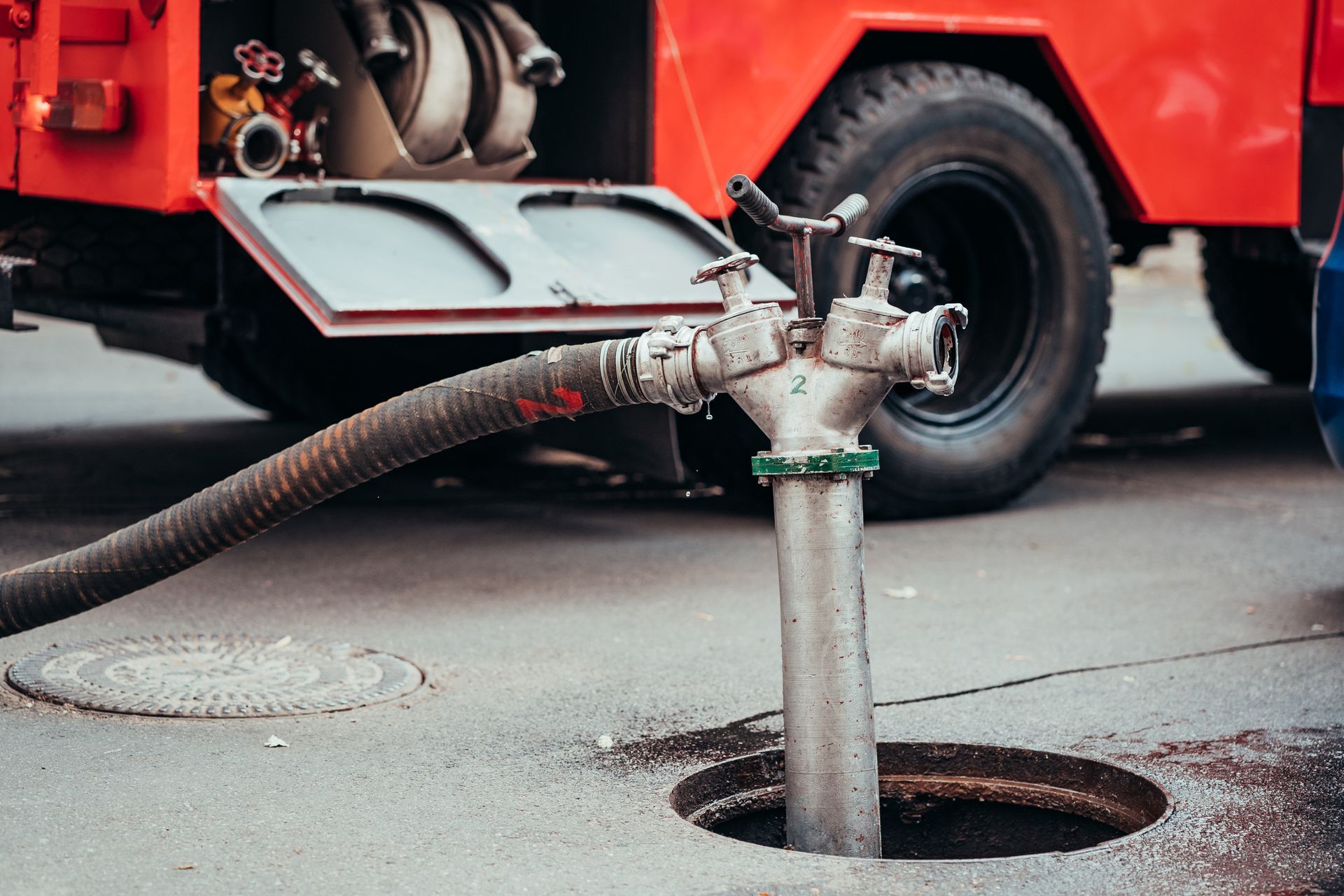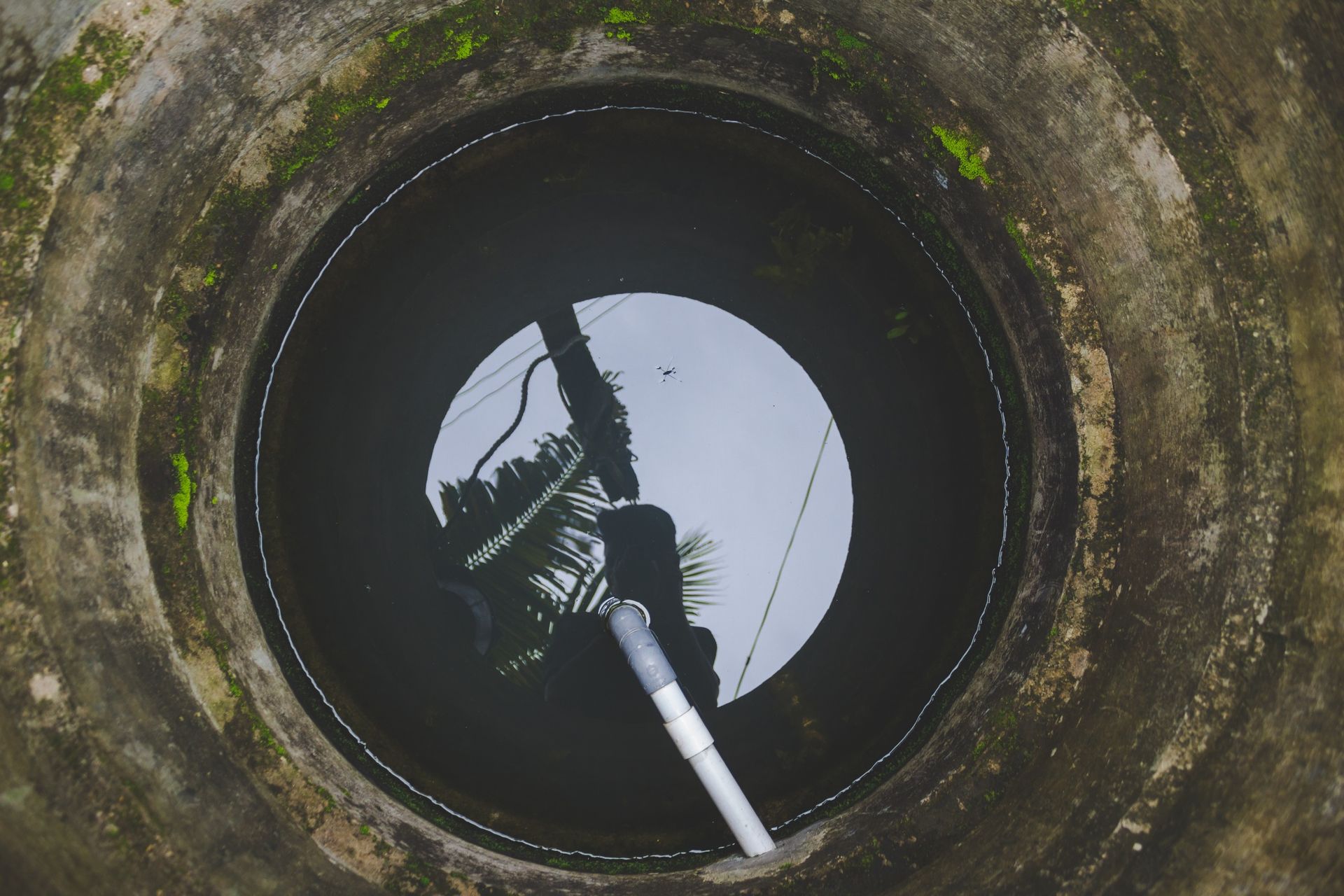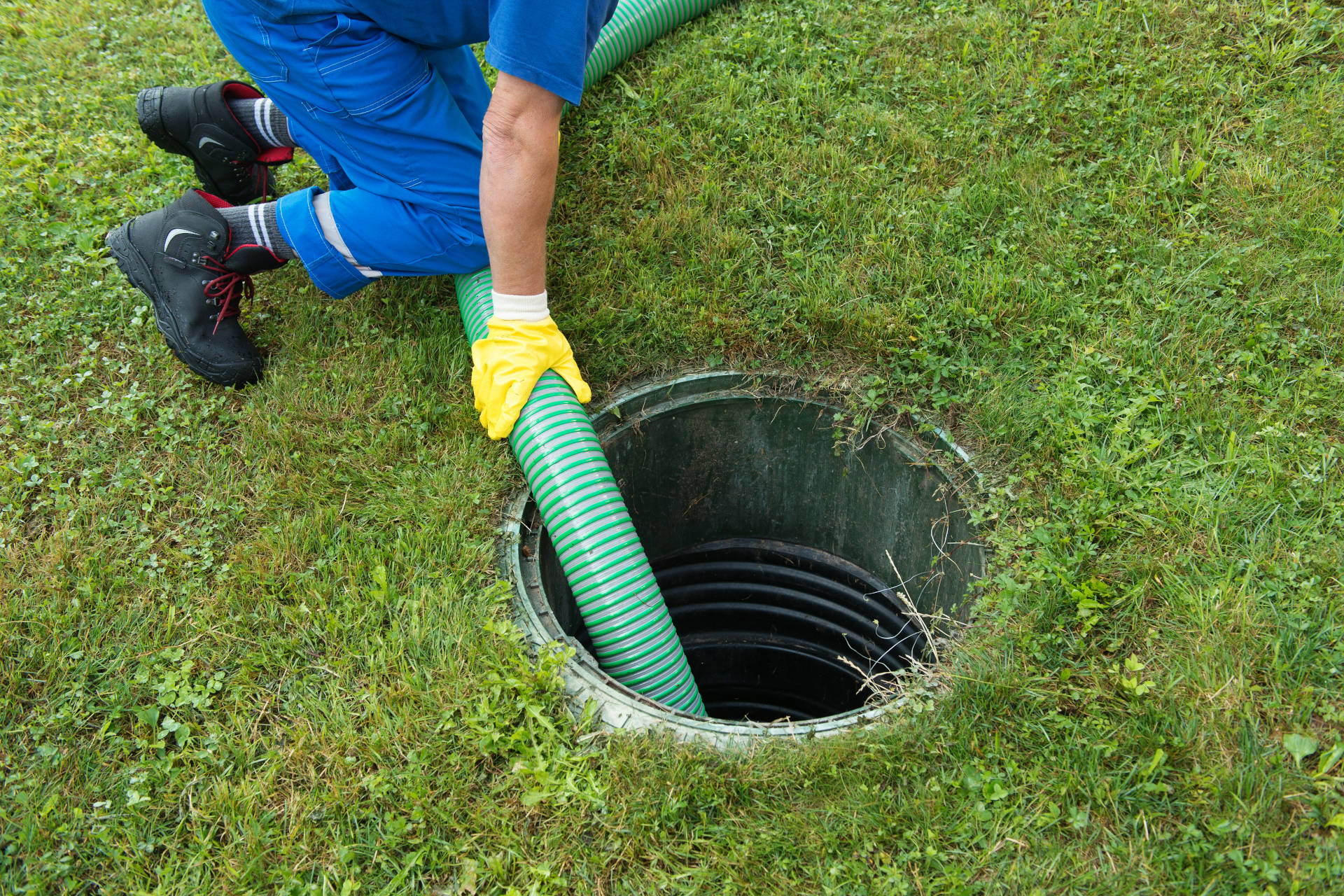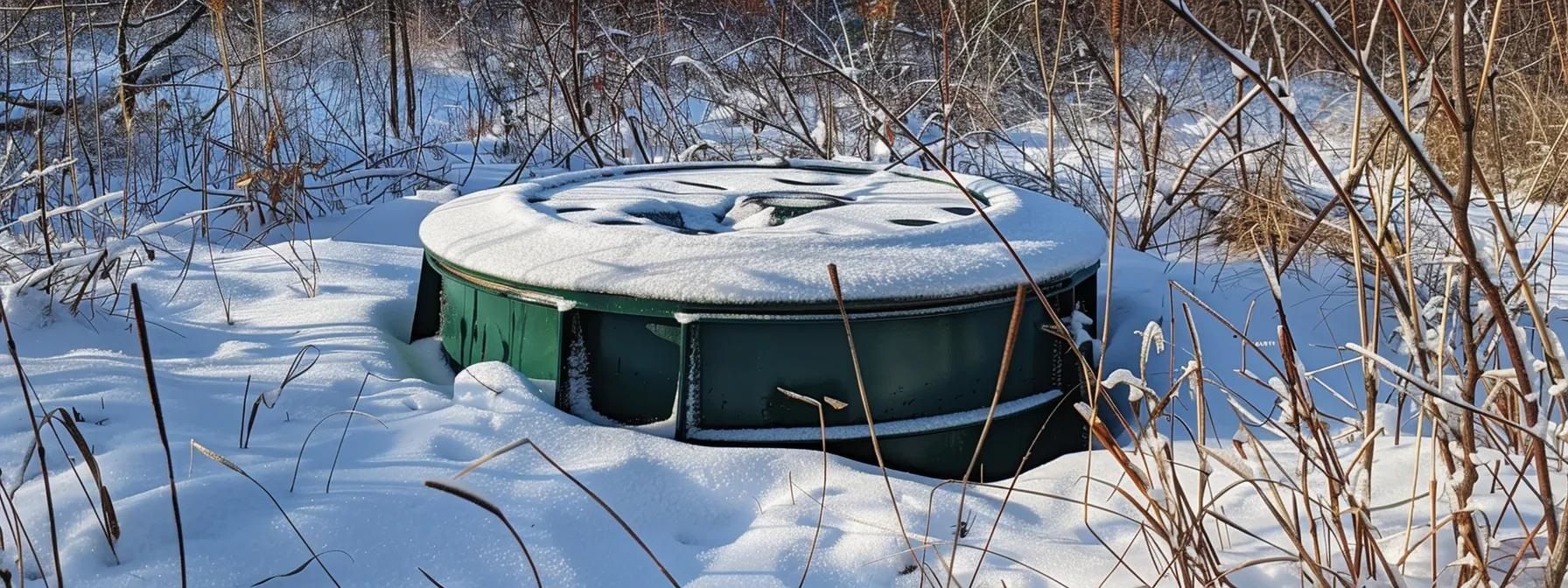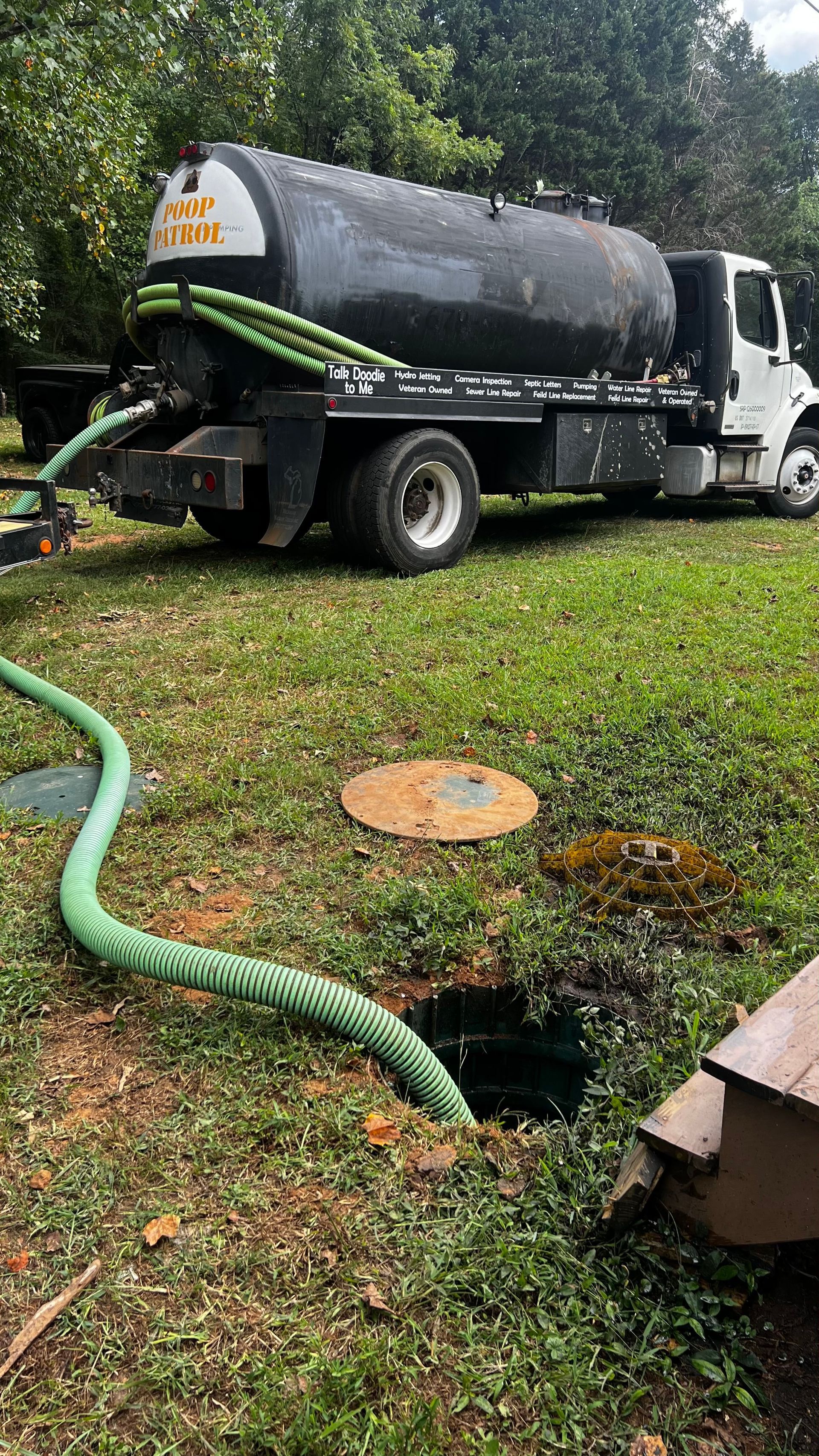Understanding Long-Term Risks: What Happens if You Delay Septic Tank Repairs?
Key Takeaways
- Delaying septic tank repair in Cumming can lead to clogs, sewage backups, and operational inefficiencies.
- Long-term neglect results in health risks, environmental contamination, and higher repair costs.
- Regular maintenance and early intervention help protect property value and ensure safety.
- Homeowners must watch for warning signs like odors and slow drainage to prevent septic failures.
What Are the Immediate Consequences of Delaying Septic Tank Repairs?
When repairs are delayed, the septic tank system loses efficiency. Blockages in pipes develop from accumulated waste and gas pressure imbalances. Even a small leak can begin contaminating surrounding soil, which risks further mechanical issues and leads to clogs and backups.
How Do Clogs and Sewage Backups Develop From Neglected Repairs?
Neglected maintenance allows sludge and scum to build up gradually inside the tank. This buildup restricts the flow of wastewater until sewage overflows occur, resulting in backflow into homes, foul odors, and increased water damage risks.
What Damage Can Occur to the Drain Field When Repairs Are Postponed?
The drain field, essential for filtering effluent, can be fatally compromised by delayed repairs. Untreated waste saturates and erodes the soil, reducing its ability to filter contaminants. As bacterial action diminishes, the drain field fails to protect groundwater, often leading to expensive remediation and repair costs that can exceed those for regular maintenance by more than 40%.
How Does Sludge and Scum Buildup Affect Septic Tank Performance?
Buildup of sludge and scum reduces the effective capacity of the septic tank, slowing the decomposition process. This leads to recurring backups and overflows, as well as foul odors and leakage around the property. If ignored, the system may eventually require a complete septic tank replacement.
What Are the Long-Term Health Risks of Ignoring Septic Tank Problems?
Ignoring septic issues exposes residents to harmful pathogens from untreated waste. This continual exposure increases the risk of gastrointestinal and respiratory illnesses and may contribute to chronic health conditions. Over time, repeated exposure to pathogens degrades the overall living environment.
Which Pathogens and Diseases Can Result From Septic Tank Leaks?
Leaks can release pathogens such as E. coli, Salmonella, and enteric viruses, according to EPA. These contaminants may cause infections, food poisoning, and long-term digestive disorders. Prolonged exposure even risks developing antibiotic-resistant bacteria, underscoring the need for timely septic tank pumping and repairs.
How Does Water Contamination From a Failing Septic Tank Affect Homeowners?
A failing septic system can lead to contaminated groundwater, affecting drinking water quality and overall public health. Harmful chemicals and waste in the water supply may cause neurological issues, skin irritations, and worsen existing health conditions, prompting stricter quality controls by health departments.
What Safety Precautions Should Homeowners Take When Facing Septic Tank Issues?
If septic issues arise, homeowners should immediately reduce water usage and avoid direct contact with stagnant, contaminated water. It is advisable to use protective gear such as gloves and masks and to contact professional septic services for urgent inspections and repairs.
How Does Delaying Septic Tank Repairs Cause Environmental Damage?
Delayed repairs have broad environmental impacts. Contaminated runoff from a malfunctioning septic system can pollute local water bodies and degrade surrounding soil. This pollution disrupts local ecosystems and necessitates costly environmental cleanup efforts.
What Are the Effects of Soil Contamination From Septic Tank Failures?
When septic tanks fail, untreated effluent leaks into the soil, introducing harmful chemicals and pathogens. This contamination not only damages gardens and landscapes but also renders land unsuitable for agriculture. Remediation of such soil can take years and may reduce property values.
How Does Septic Tank Failure Lead to Water Source Pollution?
Septic failures can allow untreated waste to infiltrate local water sources like wells, rivers, and lakes. According to the EPA, elevated levels of nitrates and phosphates can stimulate toxic algal blooms, reducing oxygen levels and endangering aquatic life. This pollution disrupts the local ecosystem and impairs drinking water quality.
What Local and State Environmental Regulations Apply to Septic Tank Repairs?
Local and state regulations mandate regular inspections and timely repairs to prevent contaminant spread. Homeowners must maintain documentation of pumpings and inspections and work with certified repair services. Failure to comply can result in fines and additional remediation costs.
What Are the Financial Implications of Postponing Septic Tank Repairs?
While delaying maintenance might seem cost-effective, cumulative damage typically leads to far higher repair costs. Over time, homeowners face rising bills, emergency fees, and even the need for complete septic system replacement, all of which negatively impact property resale values.
How Do Repair Costs Increase When Septic Tank Problems Are Ignored?
Minor leaks and blockages can quickly escalate into major system failures. What may start as a routine pumping expense can grow into thousands of dollars in repairs if structural damage occurs.
When Does Septic Tank Replacement Become Necessary and More Expensive?
Septic tank replacement is typically required when repairs no longer restore proper system function. Repeated failures, extensive drain field damage, or structural degradation often force homeowners to replace the entire system, which is far more expensive solution than regular maintenance.
What Are the Emergency Repair Costs Associated With Septic Tank Failures?
Emergency repairs, triggered by sudden system failures, usually incur premium charges. After-hours or weekend service calls and collateral damage repairs, such as water damage restoration, can cost up to 70% more than planned maintenance.
How Can Regular Maintenance Prevent Long-Term Septic Tank Issues?
Regular upkeep is essential for a reliable septic tank system. Scheduled pumping, annual inspections, and careful water usage can prevent sludge buildup and early signs of wear. Maintaining the system properly helps avoid unexpected failures and protects both property value and public health.
What Is the Recommended Septic Tank Pumping Frequency?
Experts at the Environmental Protection Agency (EPA) recommend pumping the septic tank every 3 to 5 years, depending on household size and usage. This schedule keeps sludge levels in check and allows early detection of minor issues before they become emergencies.
How Often Should Septic Tank Inspections Be Conducted?
Annual inspections by a Cumming septic tank repair professional are crucial. These checks can identify cracks, leaks, or other deficiencies that may not be apparent to homeowners. Regular evaluations help ensure that the septic system operates efficiently while minimizing long-term costs.
What Are Best Practices for Septic Tank Care to Avoid Repairs?
Homeowners should follow best practices such as minimizing water use, avoiding chemical drain cleaners, and using quality septic treatment products. Adhering to established pumping and inspection guidelines will prevent many common septic issues and extend the life of the system.
What Are the Warning Signs That Indicate Your Septic Tank Needs Repair?
Immediate attention is required when a septic system shows early warning signs. Unusual odors, slow drainage, and visible sewage backups are all indicators of potential system failure. Prompt response to these signs can avert more significant damage and expenses.
How Do Odors Signal Septic Tank Problems?
Persistent odors around the septic tank or drain field suggest that waste is escaping the system. Such smells, often intensified by warm weather due to the release of hydrogen sulfide, indicate that the system is overloaded and needs inspection
What Does Slow Drainage Reveal About Septic System Health?
Slow drainage in sinks, tubs, and toilets typically signals that the septic tank is either overfilled or clogged. This inefficiency not only disrupts daily activities but can also lead to complete system failure if not promptly addressed.
How Can Sewage Backups Indicate Serious Septic Tank Failures?
Sewage backups are a clear sign that the septic system has reached a critical point. They not only create unpleasant odors and messes but also bring serious health risks by exposing residents to harmful bacteria. Immediate repair is essential to prevent further damage.
What Are the Steps Involved in Septic Tank Repair and Replacement?
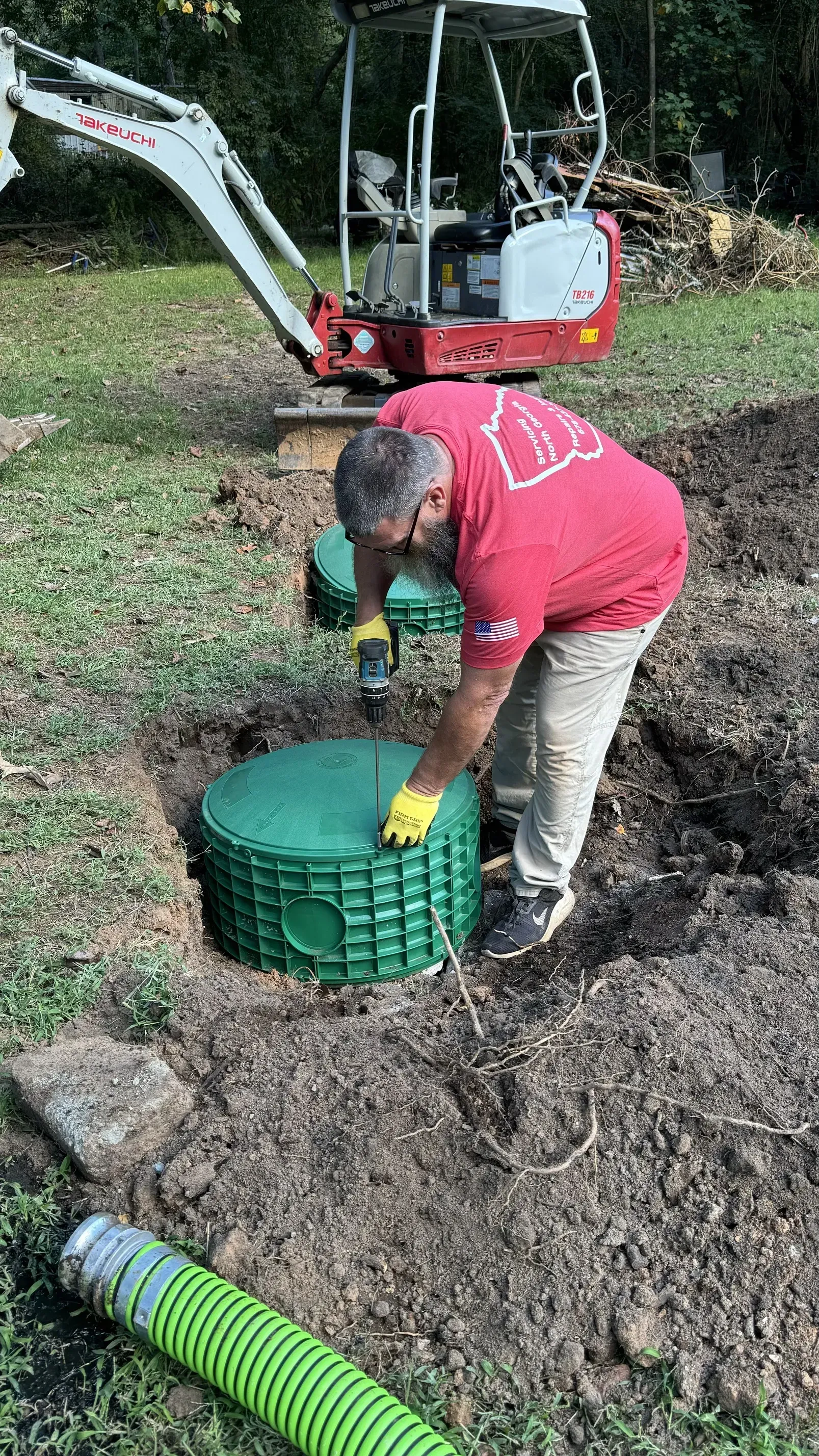
Once a problem is identified, a comprehensive repair process begins. This process includes detailed inspections, targeted repairs, or even full system replacements depending on damage severity. These steps ensure that the system meets local and state safety standards.
How Is a Septic Tank Inspection Conducted Before Repair?
An inspection starts with a full visual and physical assessment of the tank and its components. Technicians use tools such as cameras to check for cracks and sludge accumulation. The findings help determine if routine pumping will suffice or if more extensive repairs are needed.
What Repair Options Are Available for Common Septic Tank Issues?
For minor blockages or leaks, localized repairs, or routine pumping may be enough. More severe issues such as structural cracks or a failing drain field, might require high-pressure jetting, reinforcement, or even complete tank replacement, all based on timely diagnostics.
When Is Septic Tank Replacement Recommended and What Does It Involve?
Replacement is advised when continuous failures and extensive damage render repairs ineffective. This process involves removing the old tank, preparing a new installation site, and installing a modern tank that meets current regulations. Although more expensive, replacement can prevent ongoing issues and further environmental liabilities.
Final Thoughts
In summary, delaying septic tank repairs leads to immediate problems like clogs and backups, and long-term issues including health risks, environmental damage, and escalating financial costs. Regular maintenance, timely inspections, and prompt attention to warning signs such as odors or slow drainage are essential. Proactive care not only preserves system functionality but also protects property value and public health. Homeowners should seek professional assistance at the first sign of trouble to avoid more extensive repairs or the need for complete system replacement.

